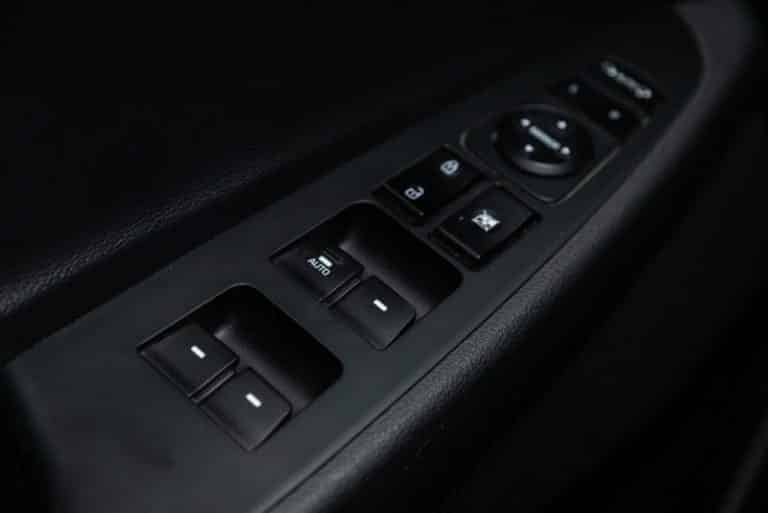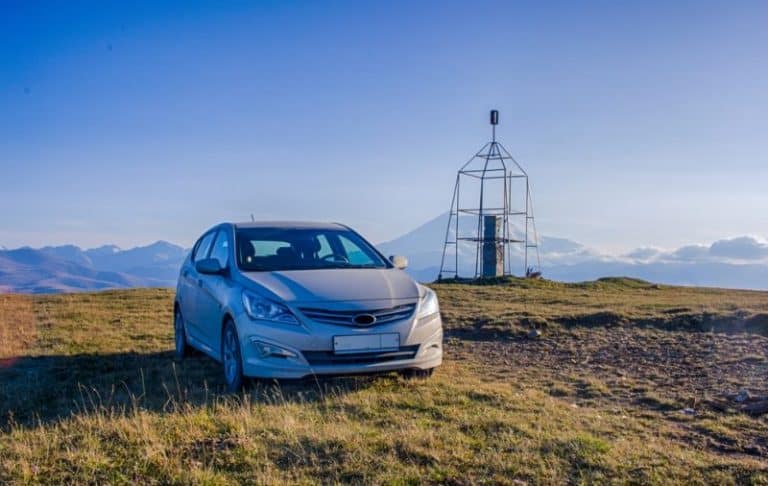Does Hyundai Kona Hold Value? (Read This First)
When you’re looking for a car, a Hyundai Kona is most likely at the top of your list. You’re not alone.
Many individuals are drawn to the Hyundai Kona because of its outstanding qualities.
As predicted, the price of a Hyundai Kona is exorbitant; you’ll have to pay a lot of money to buy one.
So in most cases, you’ll want to know if you’ll be able to recoup a significant amount of money if you decide to resell.
A Hyundai Kona will retain its value for up to 5 years. Hyundai Kona has shown to be a dependable car over the years; hitches are not frequent, so they are always in good shape. And, with good maintenance and routine checkups, a Hyundai may retain its value for longer than the five-year warranty period.
Does Kona Have Good Resale Value?

Hyundai Kona’s value begins to decrease from the moment you purchased it. However, it is safe to say that the resale value is reasonable.
In 2022, the average cost of a Hyundai Kona was $26,500. A Hyundai is likely to depreciate by 47 percent after the specified 5-year period. Expect about $14,500 when it is resold.
A Kona is well-known for its durability and low occurrence of minor flaws. A Kona is also quite simple to maintain, making it simple to keep it in good shape until you wish to sell it.
So long as a Kona is still in perfect condition, it would surely fetch a reasonable price.
Earlier in 2022, the Kona was nominated for the ‘Most Likely To Hold Value’ category at the ALG Residual Value Award presentation.
The Kona took first place in this category against stiff opposition.
The computation above is based on literary speculations. The key pricing factor is the condition of your automobile at the time of selling.
If your car is insured, you will be able to negotiate a better deal.
When it’s time to resell, consider reselling back to Hyundai. You can be confident that you’ll obtain the best car deals if you trade with them.
Also, if you’re interested in purchasing one of these used Konas, contact Hyundai. Rest assured, you will get a fantastic price that meets your budget.
What is the Life Expectancy of a Hyundai Kona?
A Hyundai Kona, with careful maintenance, will stay with you for as long as 20 years. That is because Hyundai has a track record of reliability and sustenance.
Furthermore, the cost of upkeep is relatively low. As a result, it is a better option for anyone on a tight budget.
A Kona will last for 250,000 kilometers on average. Rough rides, forceful braking, and overworking the engine are all sure ways to shorten the life of a Kona.
A Kona’s lifespan is affected by temperature, driving habits, vehicle condition, symptoms, and quality.
As previously said, a Kona is simple to maintain. But how can you make a Hyundai Kona last longer?
#1. Checkups at Regular Intervals
You must thoroughly inspect a Kona to discover any unseen problems like any other vehicle.
These checks are required to discover early issues before they sprawl out of control and ensure the system’s stability.
Expect to spend around $7500 on monthly checkups and maintenance for a Kona over ten years. A six-month gap between checkups is good.
#2. Oil Replacement
For a pleasant ride, the Hyundai Kona requires frequent oil changes. Therefore, it is advised to replace the current oil every 4000-miles.
Because of its precise density, the SAE 5W-20 is an excellent replacement choice for your Kona.
#3. Tire Rotations
Because changing your tires may strain your budget, it is important to rotate them regularly. Tire rotation every 6000 miles ensures the perfect balance of wear and tire.
You can also perform tire rotation while the oil is changed. Also, every time you rotate your tires, perform a wheel-balance check.
#4. Smooth Rides
A Hyundai Kona is not designed for rugged terrain. Hyundai Kona can withstand light off-roading, but frequent reckless trips will damage not only the front-wheel-drive but also the entire engine.
The Kona’s tiny stature offers it an advantage and makes it easy to shift back into the road. The Kona was also integrated with rear cross-traffic to aid low-speed driving.
#5. Battery replacement
A Kona’s battery only has to be replaced every 3-5 years. When the battery needs replacement, it will send you clear warning indications.
Slow ignition, corroded battery cables and connectors, illuminated engine light, and other symptoms may be present.
If you disregard these warning indications, you may incur additional costs.
Do you know: How Long Does a Hyundai Ioniq Hybrid Battery Last?
Can You Rely On A Hyundai Kona?
The Hyundai Kona has a dependability rating of 82 out of 100. Undoubtedly a satisfying result.
There are several Kona models, and what you want in an SUV will influence which model you should choose.
Popular vehicles include the Hyundai Kona Sel. The Hyundai Kona Sel takes the lead in fuel efficiency, excellent engine power, portability, and beautiful style.
Choose a Hyundai Kona electric for speed and outstanding battery charge.
The Hyundai Santa Cruz truck is more of a sports cruiser. It is designed for outdoor enthusiasts who want the versatility and comfort that an SUV provides.
The Hyundai Kona’s value is one of the reasons it is in high demand. Whichever Hyundai Kona model you pick, you can expect durability, comfort, flexibility, and some flair.
Hyundai Kona Problems

Despite its proven economy, the Hyundai Kona is prone to a few flaws. These damages might impair the vehicle’s capacity to retain its value over time.
However, these damages are not always critical, and a competent mechanic or an engineer from Hyundai can manage them.
#1. Electrical Malfunctions
Electrical problems emerge due to battery flaws and piston oil ring leakage. Hyundai Kona Electric is the most vulnerable to this issue.
Years ago, there was a widespread problem with fire outbreaks in Hyundai Konas, which reduced sales.
Hyundai created the BMS software to address this, which alerts car owners to any defect that might lead to a fire breakout.
#2. Engine Issues
Since the introduction of the Kona, Hyundai has made various steps to end the engine troubles that the vehicle suffers.
An engine problem is caused primarily by manufacturing errors, owner irresponsibility, and, in some cases, both.
Complete engine failure is uncommon, and if it occurs, the only option may be to replace the entire engine. Unfortunately, this would be pretty expensive for you.
The Hyundai Kona models for 2019, 2020, and 2021 are the most affected by this flaw. But on the other hand, Hyundai is unyielding in its efforts to put an end to this.
A certified Hyundai Kona engineer or technician can repair a damaged engine.
#3. Powertrain Problems
The symptoms of a faulty powertrain include complex power transfers due to gear stiffness and faulty headlights.
An erroneous power train might also impair reaction from the rear cross-traffic warning.
It would be best to take all cars with power train problems to the nearest Hyundai dealership for additional instructions and necessary repairs.
Aside from the abovementioned concerns, the Hyundai is reliable and will serve you well. However, it’s essential to have your Kona insured for a better ownership experience.
Doing this would alleviate the financial burden in the event of a mishap.
Conclusion
If you want an SUV that exudes luxury and versatility, the Hyundai Kona is your best bet.
A Hyundai Kona will serve you well. And, if you decide to sell it, you can be confident of recouping a sizable portion of the purchase price.
However, several factors determine the market value of a used Kona. Regardless, these variables may be adjusted so that you get the best car deals available.






